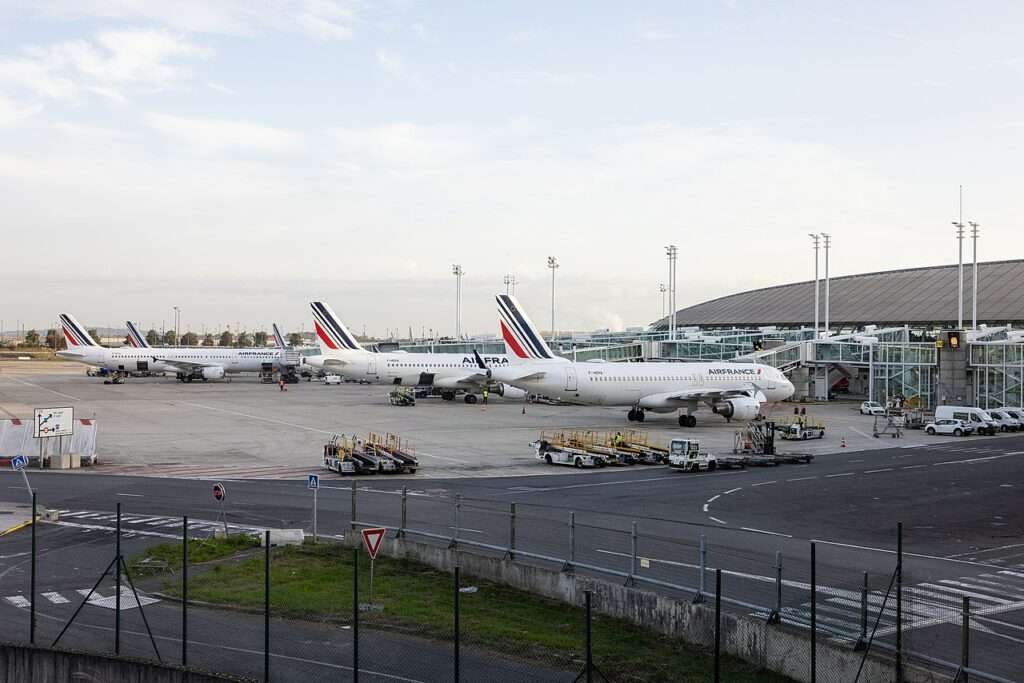France has banned short-haul domestic flights in a bid to cut carbon emissions. The ban, which came into effect on May 23, 2023 affects flights that can be covered by train in less than two-and-a-half hours.
This includes routes such as Paris to Nantes, Lyon to Bordeaux, and Marseille to Toulouse. Connecting flights are not affected by the ban.
The ban was introduced as part of France’s climate change legislation. The government hopes that the ban will help to reduce carbon emissions from the aviation sector. In 2019, air travel accounted for 2.1% of France’s greenhouse gas emissions.
The ban has been welcomed by environmental groups, who have long called for action to reduce the environmental impact of air travel. However, the aviation industry has criticized the ban, arguing that it will damage the sector and lead to job losses.
It is too early to say what impact the ban will have on air travel in France. However, it is likely to lead to an increase in the number of people taking the train.
The French government has invested heavily in improving its rail network in recent years, and it now offers a high-speed service that can connect many major cities in the country in under two hours.
The ban on short-haul flights is part of a wider effort by France to reduce its carbon emissions. The government has also set a target of reaching net zero emissions by 2050.
[monsterinsights_popular_posts_inline]
The Impact of the Ban
It is still too early to say what the full impact of the ban will be. However, it is likely to have a number of effects.
Increased use of trains: The ban is likely to lead to an increase in the number of people taking the train. The French government has invested heavily in improving its rail network, and it now offers a high-speed service that can connect many major cities in the country in under two hours.
This makes train travel a more attractive option for many people.
Decreased use of planes: The ban is likely to lead to a decrease in the use of planes for short-haul travel. This will reduce carbon emissions from the aviation sector.
Job losses in the aviation industry: The ban could possibly lead to some job losses in the aviation industry. Airlines will need to reduce their flights, and this will lead to job losses in the industry.
Increased costs for airlines: The ban will increase the costs for airlines. Airlines will need to pay for more fuel to fly longer distances, and they will also need to pay for more staff to operate the longer flights.
The Future of Air Travel
The ban on short-haul flights in France is a sign of the growing trend towards sustainable air travel. As the world becomes more aware of the environmental impact of air travel, governments are starting to take action to reduce emissions.
It is likely that other countries will follow France’s lead and ban short-haul flights. This will have a major impact on the aviation industry, and it will force airlines to find ways to reduce their emissions.
The future of air travel is uncertain, but it is clear that the industry will need to change if it wants to survive.
Airlines will need to invest in new technology, such as more fuel-efficient planes, and they will need to find ways to reduce the number of flights they operate.
The ban on short-haul flights in France is a step in the right direction, and it is likely that other countries will follow suit in the future. This will help to reduce the environmental impact of air travel and make the industry more sustainable.









